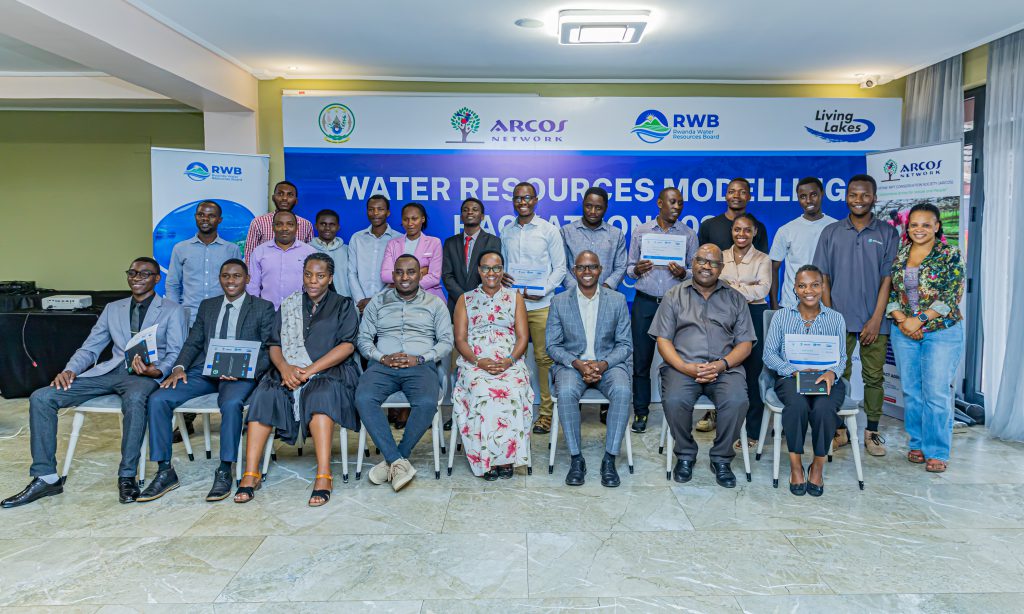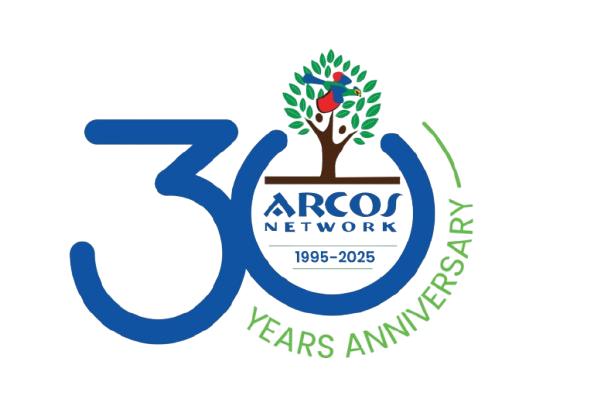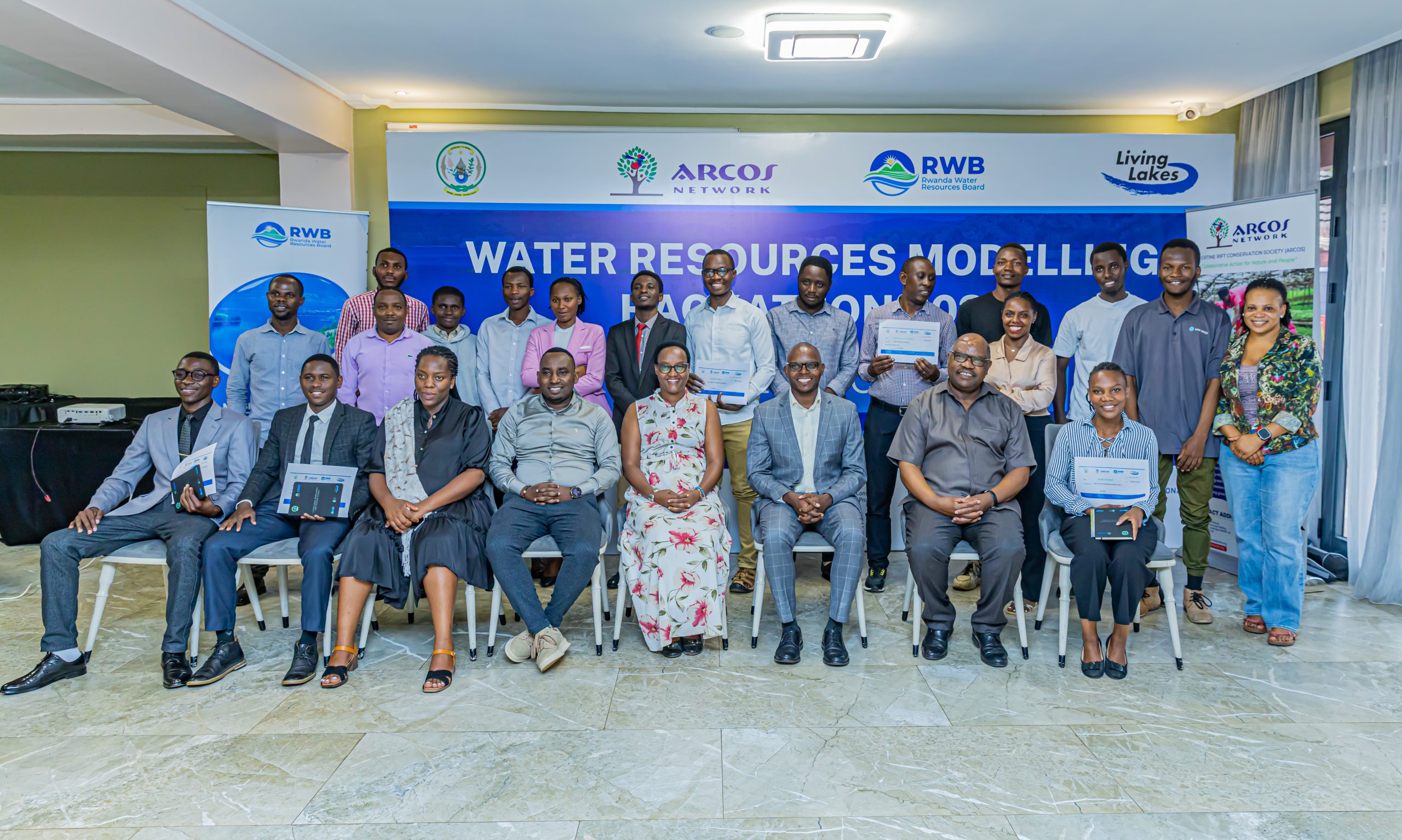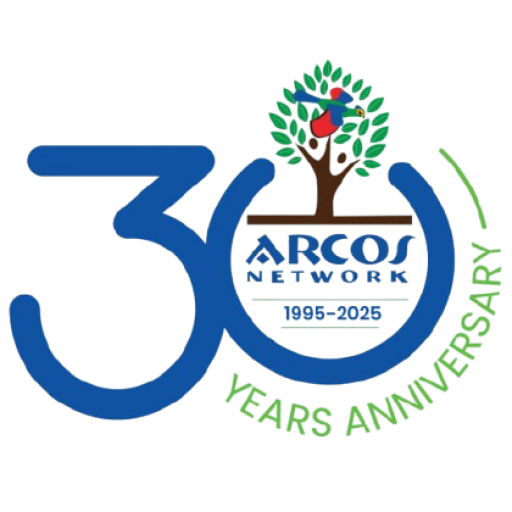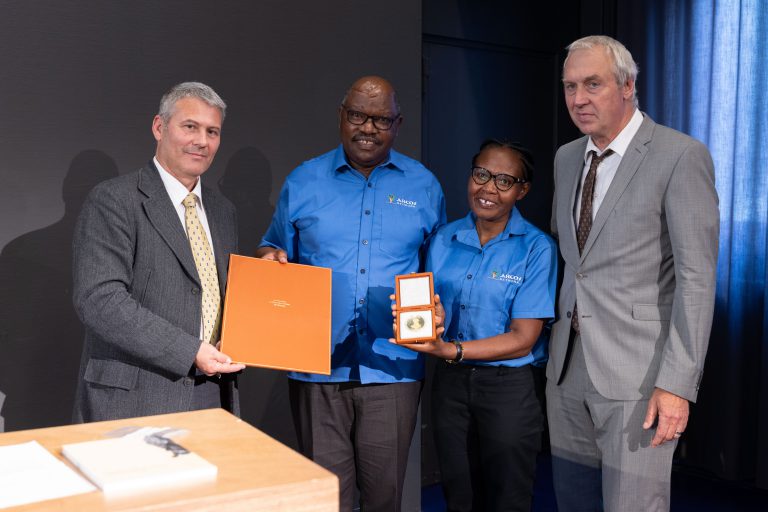The Albertine Rift Conservation Society (ARCOS) in collaboration with the Rwanda Water Resources Board (RWB) through the Living Lakes Biodiversity and Climate Project, awarded the top six participants of the 2024 Water Resource Modeling Hackathon. This project, funded by the German International Climate Initiative through the Federal Ministry for the Environment, Nature Conservation, Nuclear Safety, and Consumer Protection (BMUV), seeks to enhance sustainable water management in Rwanda. It aims to strengthen students’ skills, promote resilient water systems, encourage career development in the water sector, and support biodiversity conservation.
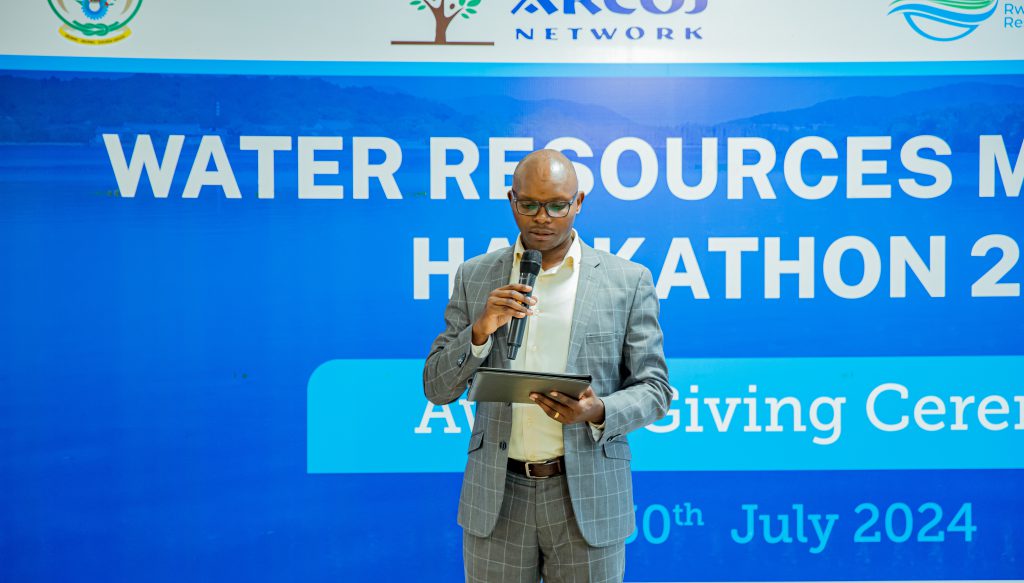
Evariste NSABIMANA, Deputy Director of RWB, highlighted the importance of partnerships between industry and academia to foster innovation and identify future technical professionals. He stated, “There is a large consensus that Industry and Academia need to collaborate to generate not only innovation and knowledge responding to the country’s critical issues but also to identify the profile of future technical personnel or professionals. Hackathons are one of the areas where such collaboration can be realized through small contests for students.” Rwanda utilizes hackathons to engage students in real-world problem-solving, nurture talent, and raise awareness. NSABIMANA praised the participants’ dedication and creativity, emphasizing their potential as future leaders and the importance of implementing the innovative solutions presented during the competition.
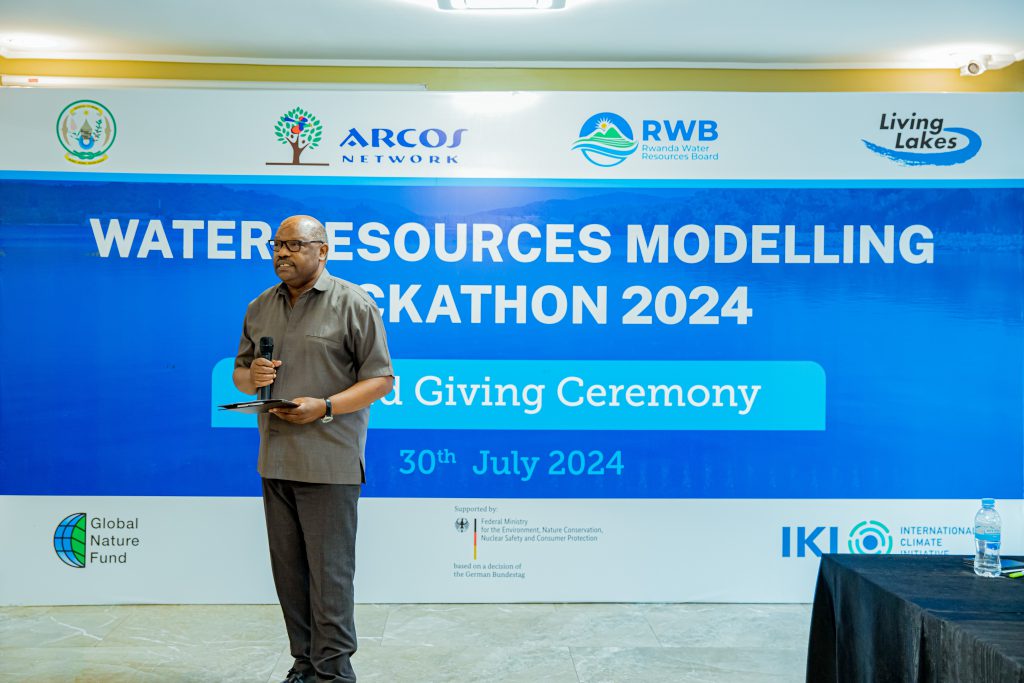
Dr. Sam KANYAMIBWA, CEO of ARCOS, spoke about the critical role of water in human life and the increasing pressures on water resources due to climate change, population growth, and urbanization. He stressed the need to invest in the next generation of water experts, saying, “We must invest in the next generation of water experts. By empowering young minds with the knowledge and tools to address water-related challenges, we are not only securing a sustainable future but also inspiring a new generation of leaders.” He thanked the RWB for their efforts and called for support for future lake managers.
Emmanuel SINGIRANKABO, a civil engineering student at the University of Rwanda, was one of the top six participants. He developed a model titled ‘Development of Rainfall-Runoff Model using HEC-HMS for Sustainable Water Use and Management and Enhance Biodiversity Conservatives in Rwanda: Case of Mbirurume Catchment,’ addressing issues such as flash flooding and environmental degradation. He noted, “This model will help to develop sustainable solutions for problems in the Mbirurume catchment, focusing on water resources management and biodiversity conservation. It will save time and money on evaluation and decision-making, ensuring effective and sustainable solutions.” He also highlighted the hackathon’s role in fostering knowledge and friendships among students.
Marie Claudine UMUTONIWASE, the hackathon winner and a third-year civil engineering student, developed a flash flood prediction model for Sebeya, Pfunda. She appreciated the challenging experience, stating, “I sincerely appreciate the organizers for this hackathon; it has been challenging, but it’s still a good journey for students for us to learn; mostly we learn from challenges; if you don’t meet a challenge, you’re never going to learn, so this challenge or competition has given me, like, eagerness to find some of the solutions that I wouldn’t have thought about before, so I appreciate RWB, ARCOS, and the government of Rwanda, which has given us the opportunity, especially girls, to participate in this activity.” She encouraged students to engage in research projects and suggested improving data collection processes in institutions.
The top six participants received monetary awards, with Marie Claudine Umutoniwase receiving 1,000,000 RWF, Emmanuel Singirankabo 800,000 RWF, Olivier Iradukunda 600,000 RWF, Fidele Mwizerwa 500,000 RWF, Hodari Jean Pierre 400,000 RWF, and Jean Bosco Ntirenganya 300,000 RWF.
